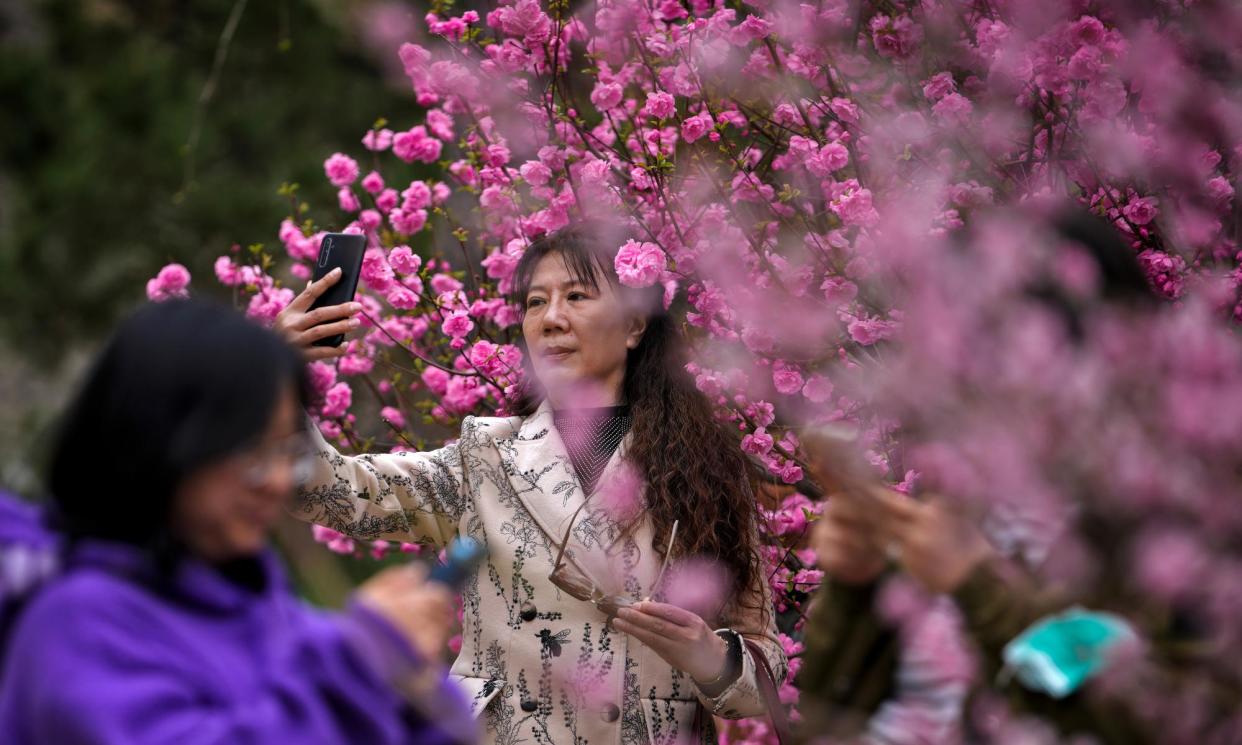Weatherwatch: ‘Clear and bright’ – the start of Qingming in the Chinese calendar

We have entered the fifth term of the 24 in the traditional Chinese calendar, a period known as Qingming, meaning literally “clear and bright”.
Qingming started this year on 4 April with the spring outing festival. This is traditionally considered the ideal time to wander the countryside and enjoy fresh greenery and new flowers after the long winter.
The start of Qingming also marks the ancestor worship, or grave sweeping, festival, one of the three annual ghost festivals when the dead are remembered. Tombs are cleaned and offerings including new willow branches are made to honour the ancestors. The spring winds are supposed to dispel evil spirits and negative energy and replace them with fresh, positive energy.
Traditional Qingming activities include kite flying, when the flyers write their names on their kites and cut them loose at high altitude for good luck. Again this suggests that strong winds are usual.
Chinese people once believed that cooking during Qingming could provoke violent weather, so only cold food was eaten. This custom is no longer observed, although cold, bright green qingtuan dumplings are still a seasonal treat.
Spring weather is as changeable in China as it is in Britain. The name may mean clear and bright, but a proverb states that “Qingming brings rain and wind every day.”


